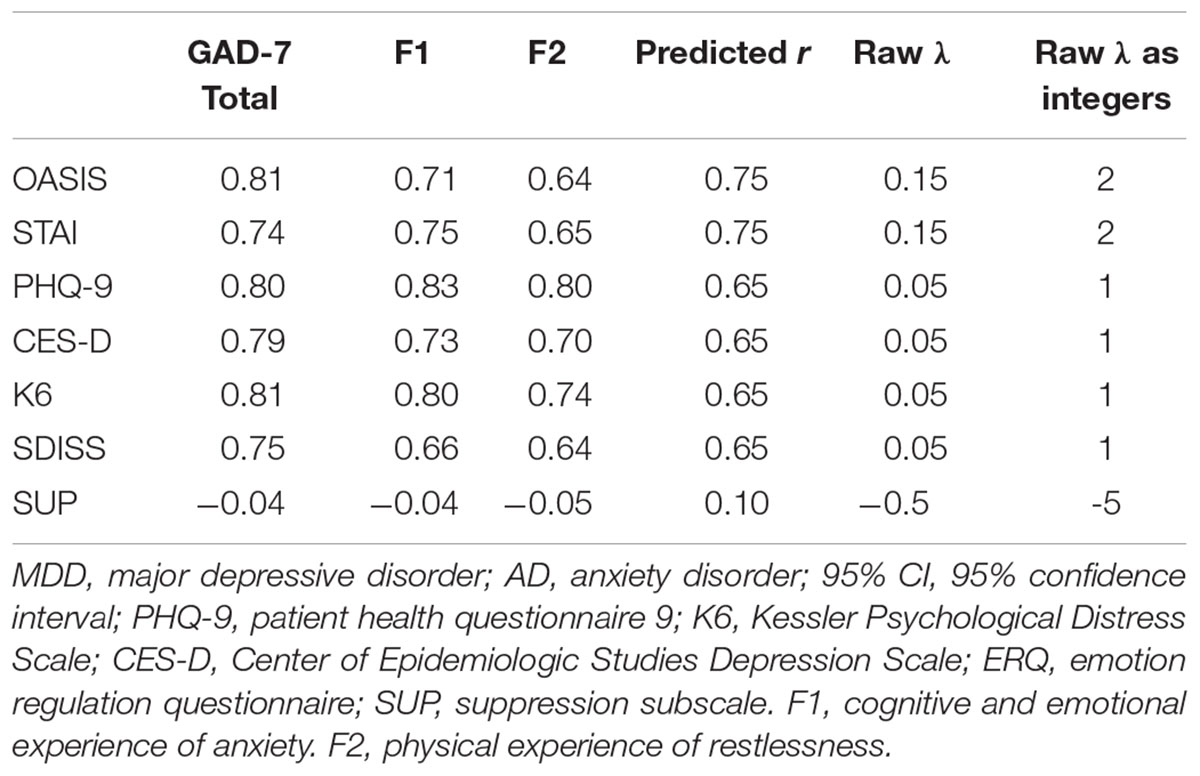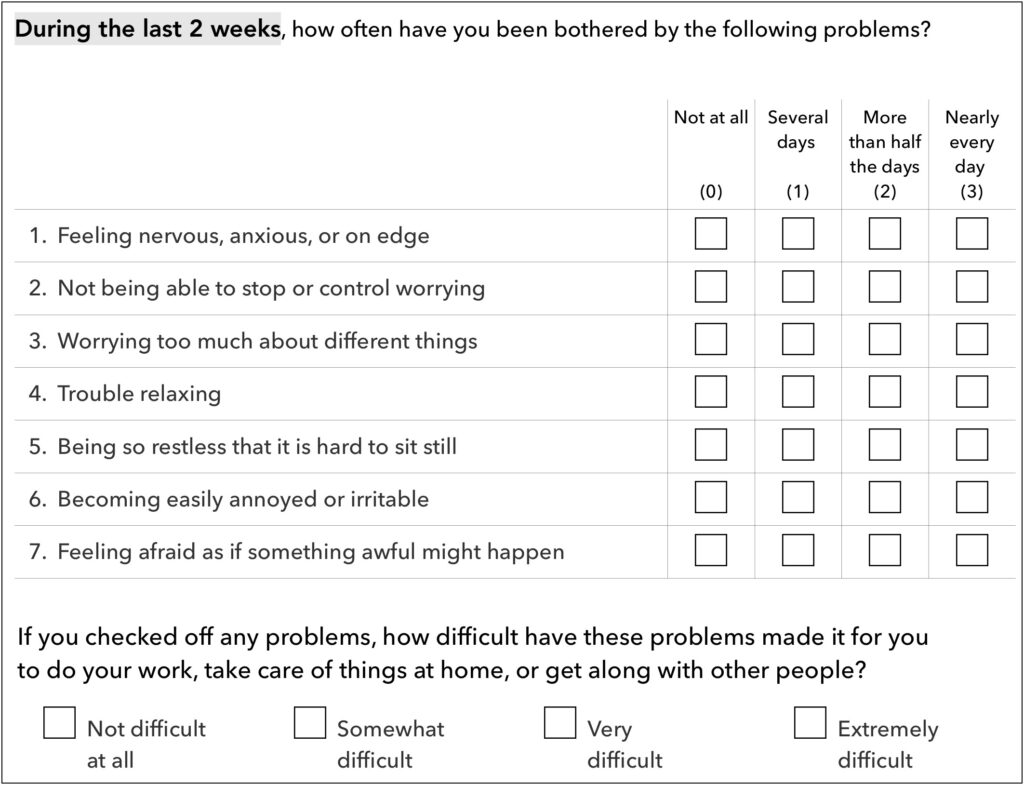Generalized Anxiety Disorder, often abbreviated as GAD, is a common mental health condition that affects millions of people worldwide. It is characterized by persistent and excessive worry about various aspects of life, including work, relationships, health, and everyday situations. Unlike normal feelings of anxiety that arise in response to specific stressors, the anxiety experienced in this condition is chronic and often unrelated to any immediate threat. This guide aims to provide a comprehensive understanding of Generalized Anxiety Disorder, its symptoms, causes, diagnosis, treatment options, and coping strategies.

Understanding Generalized Anxiety Disorder
Generalized Anxiety Disorder is more than just feeling stressed or worried occasionally. For individuals with this condition, anxiety becomes a constant companion, interfering with their ability to function in daily life. The hallmark of this disorder is an overwhelming sense of dread or unease that persists for at least six months. This prolonged state of anxiety can lead to significant emotional and physical distress.
Symptoms of Generalized Anxiety Disorder
The symptoms of this condition can be both psychological and physical. They often vary from person to person but typically include the following:
- Excessive Worry: Individuals may find themselves constantly preoccupied with concerns about everyday matters, even when there is no apparent reason for worry.
- Restlessness: A feeling of being on edge or unable to relax is common among those with this condition.
- Fatigue: Persistent anxiety can leave individuals feeling mentally and physically drained.
- Difficulty Concentrating: Anxiety can make it hard to focus on tasks or make decisions.
- Irritability: People with this condition may feel easily annoyed or frustrated.
- Muscle Tension: Chronic muscle tension, especially in areas like the neck, shoulders, and back, is a frequent physical symptom.
- Sleep Disturbances: Trouble falling asleep, staying asleep, or experiencing restful sleep is common.
Physical Symptoms Associated with Generalized Anxiety Disorder
In addition to the psychological symptoms, this condition can manifest in a variety of physical ways. These symptoms are often mistaken for other medical conditions, which can delay proper diagnosis and treatment. Common physical symptoms include:
- Rapid heartbeat or palpitations
- Sweating
- Trembling or shaking
- Shortness of breath
- Dizziness or lightheadedness
- Nausea or stomach discomfort
- Frequent urination
Causes and Risk Factors
The exact cause of this condition is not fully understood, but researchers believe it arises from a combination of genetic, biological, and environmental factors. Understanding these contributing factors can help in identifying individuals who may be at higher risk.
Genetic Predisposition
Studies have shown that this condition tends to run in families, suggesting a genetic component. If a close family member has been diagnosed with this condition or another anxiety disorder, an individual may be more likely to develop it as well.
Brain Chemistry and Function
Imbalances in certain neurotransmitters, such as serotonin and dopamine, are thought to play a role in the development of this condition. These chemicals are responsible for regulating mood and emotions, and disruptions in their levels can contribute to feelings of anxiety.
Environmental Stressors
Life events and ongoing stressors can trigger or exacerbate this condition. Common stressors include:
- Financial difficulties
- Relationship problems
- Work-related stress
- Major life changes, such as moving or losing a loved one
Personality Traits
Certain personality traits, such as perfectionism or a tendency to be overly self-critical, can increase the likelihood of developing this condition. People who are naturally more sensitive to stress or who struggle with uncertainty may also be at higher risk.
Diagnosing Generalized Anxiety Disorder
Diagnosing this condition involves a thorough evaluation by a mental health professional, such as a psychologist or psychiatrist. There is no single test to diagnose this condition, so healthcare providers rely on a combination of methods to reach a conclusion.
Clinical Interviews
A healthcare provider will conduct a detailed interview to gather information about the individual’s symptoms, medical history, and lifestyle. They will ask questions about the frequency, intensity, and duration of anxiety symptoms, as well as how these symptoms impact daily functioning.
Diagnostic Criteria
To meet the criteria for this condition, an individual must experience excessive anxiety and worry about multiple events or activities for at least six months. The anxiety must also be difficult to control and accompanied by at least three of the following symptoms: restlessness, fatigue, difficulty concentrating, irritability, muscle tension, or sleep disturbances.
Ruling Out Other Conditions
Since the symptoms of this condition can overlap with those of other medical and mental health disorders, healthcare providers may perform additional tests or evaluations to rule out conditions such as thyroid disorders, heart disease, or other anxiety-related disorders.
Treatment Options
While this condition can be challenging to manage, effective treatments are available. The goal of treatment is to reduce anxiety symptoms, improve daily functioning, and enhance overall quality of life. Treatment plans are often tailored to the individual’s needs and may involve a combination of therapy, medication, and lifestyle changes.
Cognitive Behavioral Therapy
Cognitive Behavioral Therapy, commonly referred to as CBT, is one of the most effective forms of therapy for this condition. CBT helps individuals identify and challenge negative thought patterns and beliefs that contribute to anxiety. Through structured sessions, individuals learn practical skills to manage their anxiety and develop healthier coping mechanisms.
Medication
Medications can be an important part of treatment for some individuals. Commonly prescribed medications include:
- Selective Serotonin Reuptake Inhibitors (SSRIs): These antidepressants help regulate serotonin levels in the brain and are often used as a first-line treatment.
- Serotonin-Norepinephrine Reuptake Inhibitors (SNRIs): Similar to SSRIs, these medications target both serotonin and norepinephrine.
- Benzodiazepines: These medications provide short-term relief from severe anxiety but are generally not recommended for long-term use due to the risk of dependence.
Lifestyle Changes
In addition to therapy and medication, making certain lifestyle changes can help manage symptoms of this condition. These changes may include:
- Regular exercise to reduce stress and improve mood
- A balanced diet rich in whole foods and nutrients
- Adequate sleep to support mental and physical health
- Mindfulness practices, such as meditation or yoga, to promote relaxation
Coping Strategies for Managing Generalized Anxiety Disorder
Living with this condition can be challenging, but there are many strategies individuals can use to cope with their symptoms and improve their quality of life. These strategies focus on building resilience, reducing stress, and fostering a sense of control over anxiety.
Building a Support Network
Having a strong support system is crucial for managing this condition. Friends, family members, and support groups can provide emotional support, encouragement, and practical assistance during difficult times.
Practicing Relaxation Techniques
Relaxation techniques can help calm the mind and body during moments of heightened anxiety. Some effective techniques include:
- Deep breathing exercises
- Progressive muscle relaxation
- Visualization or guided imagery
Setting Realistic Goals
Individuals with this condition often set unrealistically high standards for themselves, which can exacerbate feelings of anxiety. Setting achievable goals and breaking tasks into smaller, manageable steps can help reduce stress and build confidence.
Limiting Stimulants
Caffeine, nicotine, and other stimulants can worsen anxiety symptoms. Reducing or eliminating these substances from one’s diet can help create a calmer state of mind.
Seeking Professional Help
If symptoms become overwhelming or interfere significantly with daily life, seeking professional help is essential. Mental health professionals can provide guidance, support, and personalized treatment plans to help individuals manage their condition effectively.





